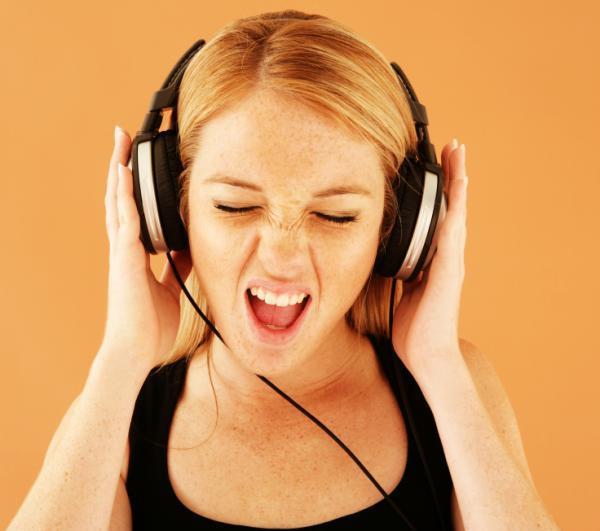
Music has the power to provoke every emotion known to humanity. You’ll see huge smiles on the faces of Glastonbury fans, or tears running down the cheeks of a person listening to an operatic aria. Music can also connect and heal.
Music can affect everyone
The world famous neurologist, Oliver Sacks, writes in Brain about how music can bind people together and helps people suffering from certain health conditions, including Alzheimer’s. The Greeks wrote about the hypnotic qualities of the Sirens’ singing and most cultures practice drumming across the world. Deaf people can also appreciate and compose music. Beethoven was deaf when he wrote his compelling 9th symphony. If a deaf person has a Hidden Hearing aid fitted, then their lives can change beyond all recognition.
There are different ways to appreciate the power of music
When the deaf percussionist Evelyn Glennie finally lost all her hearing at the age of 16, she was able to continue with her love of music and performance by feeling the music with her feet. Anyone who has put their hand against a speaker and felt the reverberations of the woofers and tweeters will understand what she means. In recognition of her talent, Dame Evelyn performed with the band Underworld at the 2012 London Olympics Opening ceremony.
Music can relieve stress
Anyone who has tried to lull a crying infant to sleep will recognise the soothing power of music. Music therapy is used in certain hospitals to reduce stress levels among cancer patients and help older patients with depression. Music is used at funerals in order to remind the mourners of the person who has died and also to help the congretgation relieve their stress and grief. Whether you like Led Zeppelin or Mozart, listening to your favourite piece of music should return a sense of equilibrium to your world.
International connectivity through music
All too often language acts as a barrier between people across the planet. On the other hand, music can bring them together. The recent track by Pharrell Williams, Happy, always brings encourages people to smile, and to date it has been listened to by 234,741,068 people across the globe on YouTube. The comments section of the website shows positive reactions from China to the USA. The writer Miranda Sawyer talks in The Guardian of: ‘Pop’s uncanny ability to help us define and understand our lives…’ The same idea applies to all genres of music. As the first generation to grow up with 21st century connectivity, there are more opportunities than ever before for people to listen to and explore all types of music.
The charitable power of music
The first use of music in fund raising was by Handel in the 18th century when he performed his Messiah, on behalf of Captain Coram’s London based Foundling Hospital. The Telegraph attributes the birth of charitable fundraising through music to this concert and ‘Live Aid’ is a direct descendant of this tradition. When people come together to listen to music, to raise money and awareness, music does act as a major tool for international good.





